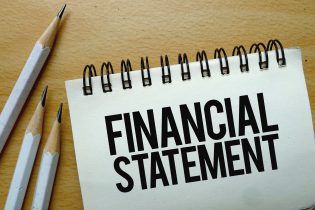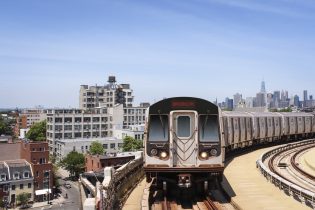Essential Questions to Ask Before You Buy a New Development in NYC
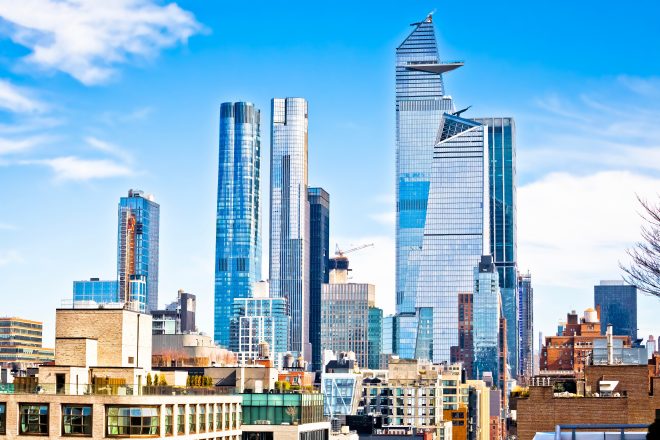
Does the thought of buying your next home or investment property have your head spinning? Purchasing a new development property comes with many questions in New York City. It’s a significant investment, as well as a lengthy, sometimes confusing and frustrating process.
The city’s real estate market is renowned for its dynamism and complexity, and navigating it can be challenging, especially for first-time buyers. To ensure that you make an informed decision and protect your investment, it’s crucial to ask the right questions before committing to a purchase. We’re here to help guide you through all of the specific new development questions to ask along the way. This guide will outline 16 essential new development questions to consider when buying a new in NYC.
1. What Is My Budget?

The first step in buying any property is establishing a clear budget. Determine how much you can afford to spend on a new development, taking into account not only the purchase price but also additional costs such as closing costs, property taxes, and maintenance fees.
Consider seeking pre-approval for a mortgage to understand your financing options better. Keep in mind that while new development prices can be less negotiable than existing properties, there may still be room for negotiation, especially if you are purchasing during the pre-construction phase.
You should also be prepared for substantial closing costs in NYC. These can include title insurance, property transfer taxes, and attorney fees, among others. All of these components can factor into your monthly mortgage payment.
2. What Type of Development Am I Interested In?
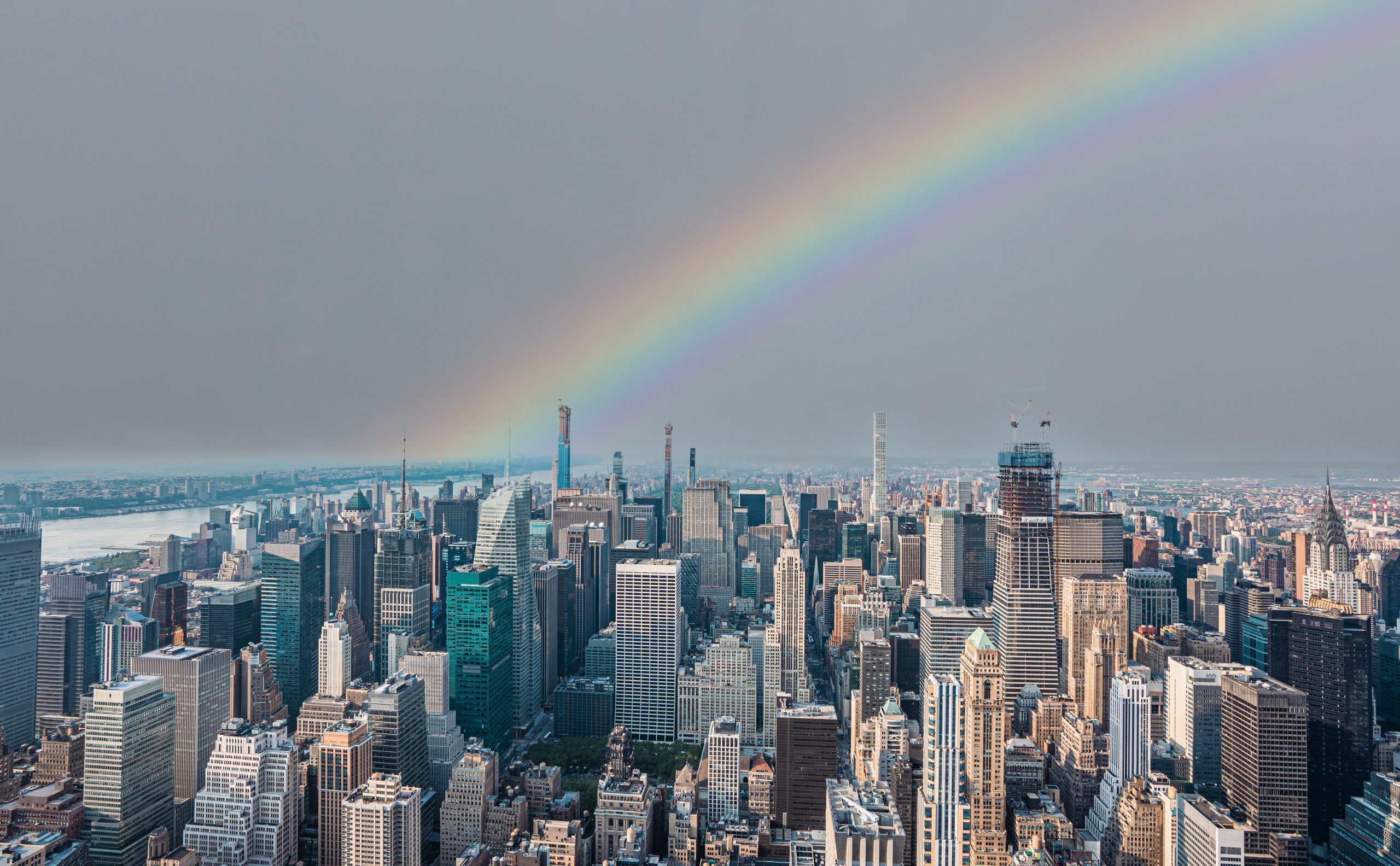
NYC offers various types of new developments, including condos, co-ops, and townhouses. Each has its advantages and disadvantages. Condos offer more flexibility and ownership rights, while co-ops tend to have stricter approval processes. Townhouses offer more privacy but often come with higher maintenance responsibilities. Decide which type aligns best with your preferences and lifestyle.
3. What Is the Location?
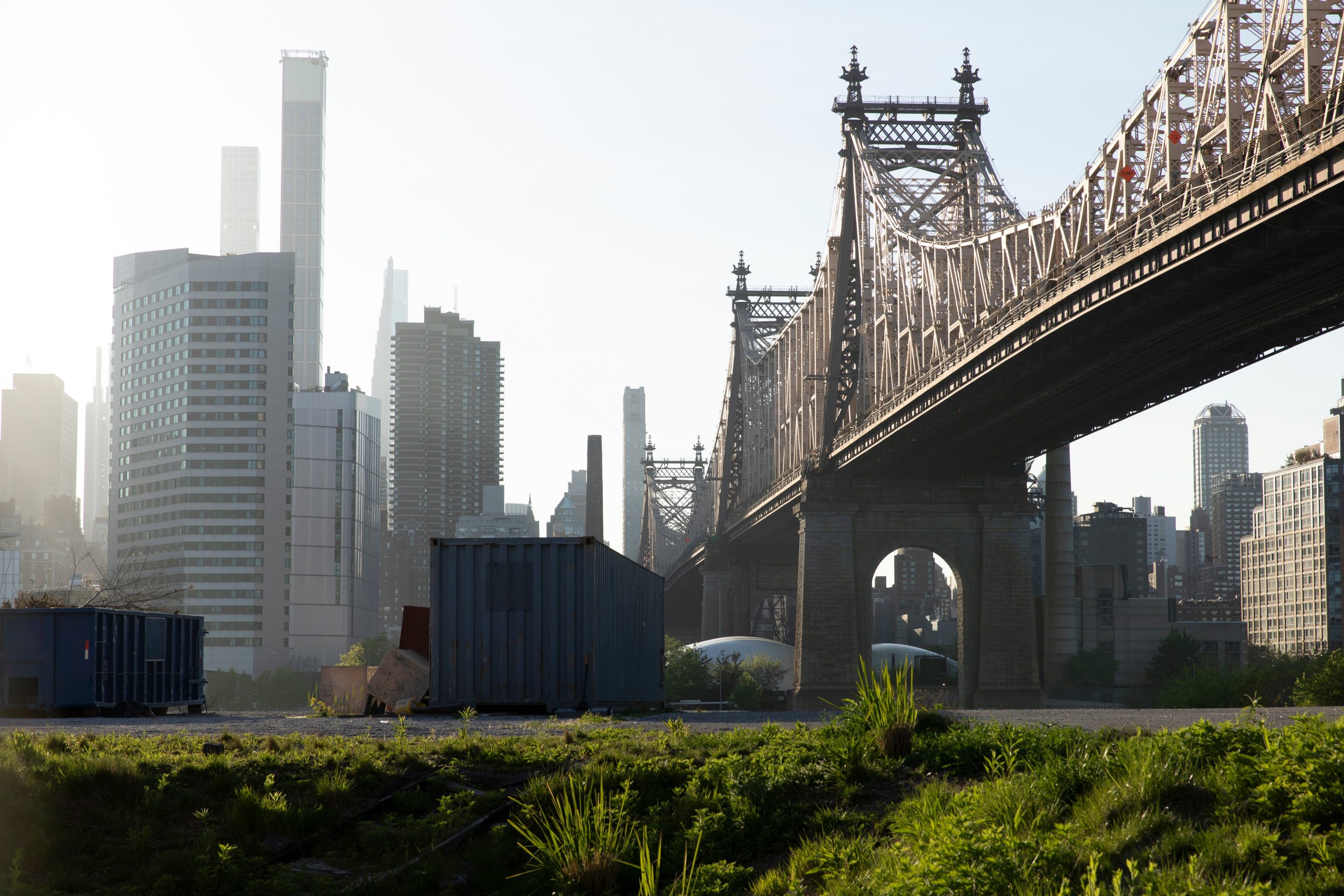
Location is paramount in real estate, especially in New York City. Research the neighborhood where the new development is located. Consider factors like proximity to work, schools, public transportation, amenities, and safety. Do you value being in close proximity to Central Park? Would you benefit from being near a major MTA hub like Union Square?
Additionally, think about the neighborhood’s growth potential and long-term investment value. NYC’s real estate market is known for high appreciation, but it’s crucial to think about the ebbs and flows of the various neighborhoods. To learn more about New York City’s neighborhoods, visit our Neighborhoods page.
4. Who Is the Developer?

Research the developer’s reputation and track record. Experienced developers with a history of successful projects are more likely to deliver a high-quality product and provide better post-purchase support. Investigate their financial stability and the completion status of other projects in the city. If you find that they have a history of roadblocks due to finances, or have abandoned past projects, it’s probably best to steer clear.
5. What Are the Amenities and Services?

New developments often come with a range of amenities and services, such as fitness centers, concierge services, and private parking. Determine which amenities are essential to your lifestyle and inquire about associated fees and their availability.
Do you have your heart set on a swimming pool, or a rooftop terrace? This is also a good time to think about the amenities within the home unit itself. If you can, visit Showrooms and Model Units. Developers often set up showrooms and model units to showcase their new properties. Visit these to get a feel for the design, layout, and finish options available.
6. What Are the Monthly Maintenance Costs?
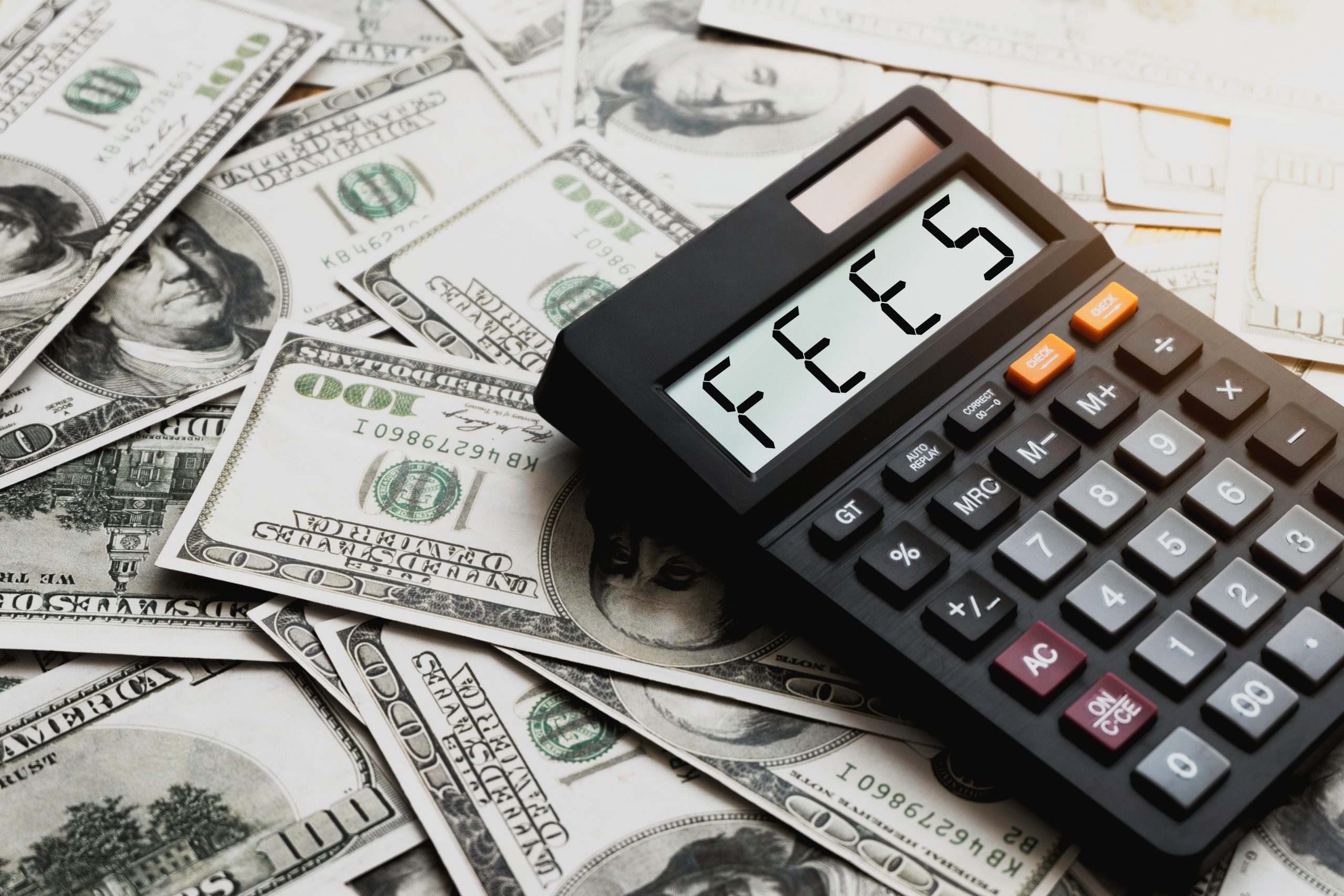
In addition to the purchase price, you’ll have to pay monthly maintenance fees in co-ops and condos. These fees cover the building’s operational costs, and the amount can vary significantly. Understand what is included in these fees and how they might increase over time.
Luckily, many new developments come with brand new appliances and are built with the newest, most innovative materials and finishes, so those particular costs should be far less than in an older building.
7. Are There Any Tax Incentives or Abatements?
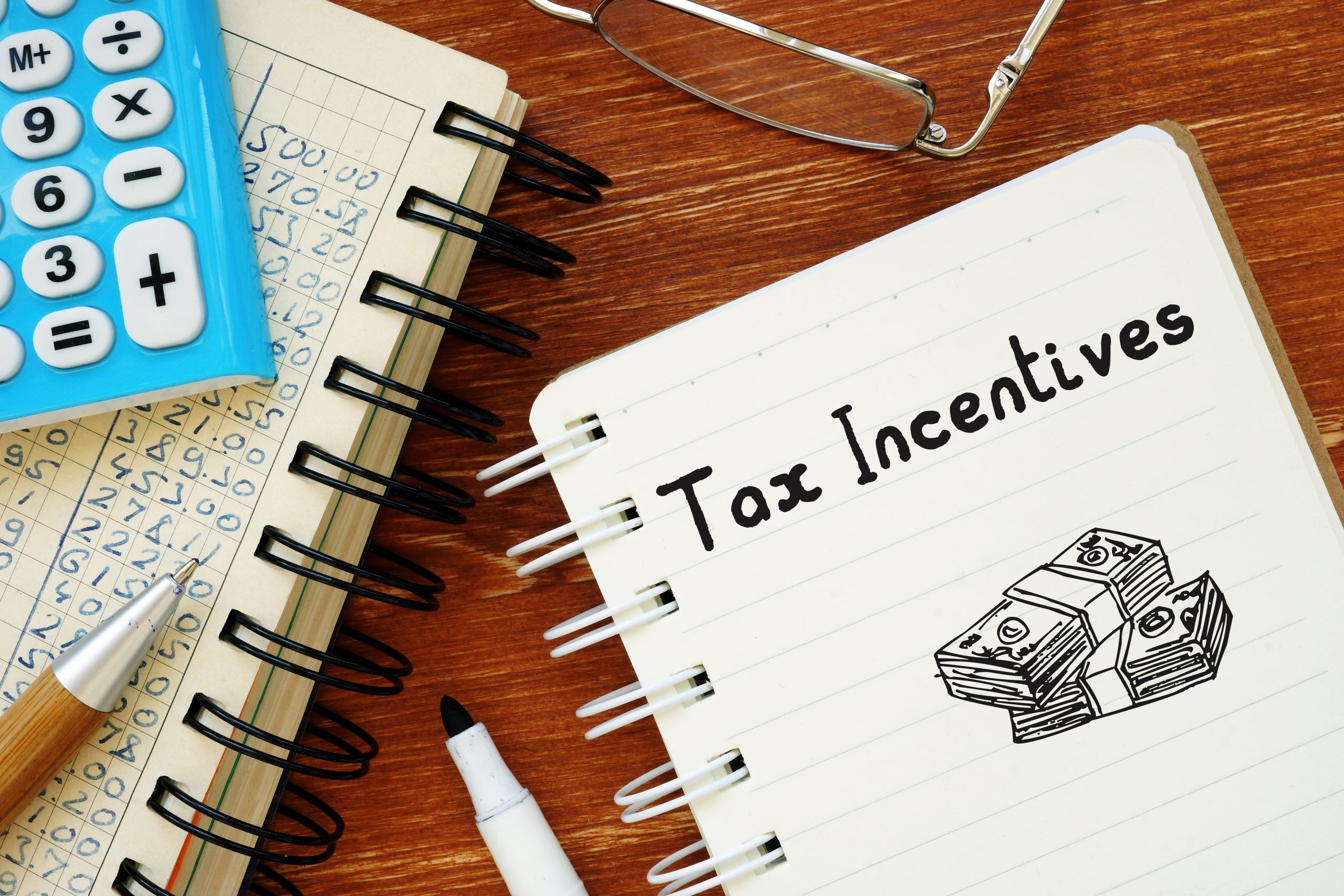
New York City offers various tax incentives and abatements for certain types of properties, such as affordable housing or new developments in specific neighborhoods. Check if the property you’re interested in qualifies for any tax breaks and how long they will apply.
8. What Are the Financing Options?
Explore your financing options, including mortgage rates and terms. Different lenders may offer varying rates and conditions, so shop around for the best deal. Consider whether you want a fixed or adjustable-rate mortgage and how your financial situation may change in the future.
Most importantly, keep a close eye on your credit score, beginning several months before you plan to apply for a mortgage. This can affect your financing options significantly. It’s important to know that your loan officer will advise that you don’t make any large purchases during the period of time between loan approval and closing, so not to negatively affect your overall credit score.
9. What Is the Building’s Financial Health?
One of the most essential new development questions that buyers need answered. For co-ops and condos, it’s crucial to review the building’s financial statements, reserve fund, and any pending assessments. A well-managed building with a healthy reserve fund is less likely to face unexpected financial issues that could lead to higher costs for residents.
10. What Are the Rules and Regulations?

Deciding between a condominium or co-operative (co-op) unit is an important step in a new development purchase. Condos offer more ownership rights, while co-ops have a stricter approval process but can be more affordable.
Every co-op and condo has its own set of rules and regulations, including pet policies, subletting restrictions, and renovation guidelines. Make sure you understand these rules and determine if they align with your lifestyle and plans for the property. The last thing a new property owner needs is to find out that the co-op won’t allow them to park their brand new vehicle in the parking garage because it’s oversized.
11. What Is the Resale Market Like?
While buying your new development, it’s essential to consider its future resale potential. Research the historical and current resale values in the neighborhood and building. Understanding the market dynamics can help you make a more informed investment decision.
It’s important to be aware that many new development properties come with resale restrictions, such as limits on renting or selling the unit. Understanding these restrictions and how they may impact your future plans is crucial.
12. What Are the Warranty and Insurance Policies?
Inquire about the warranty provided by the developer for the property. Understand what it covers and for how long. Additionally, assess the availability and cost of insurance policies, including homeowner’s insurance and title insurance, which are essential to protect your investment.
13. What Is the Construction Timeline?

Get a clear understanding of the construction timeline and expected completion date for the new development. Delays can be common in large projects, so be prepared for potential adjustments to your moving plans. Look into any permitting issues or pushback to the development, as these issues can cause significant delays. The more flexible your move-in date, the better, and it’s always a good idea to have a plan for unexpected time delays.
14. Are There Any Pending Legal Issues?
Research whether the property or the building is involved in any ongoing legal disputes, such as construction defects or zoning issues. These issues can affect your ownership experience and the property’s value. Hire an attorney experienced in New York City real estate to review the purchase contract, offering plan, and any other legal documents. They will help protect your interests and ensure you understand the terms.
15. How Do I Find A Real Estate Agent?
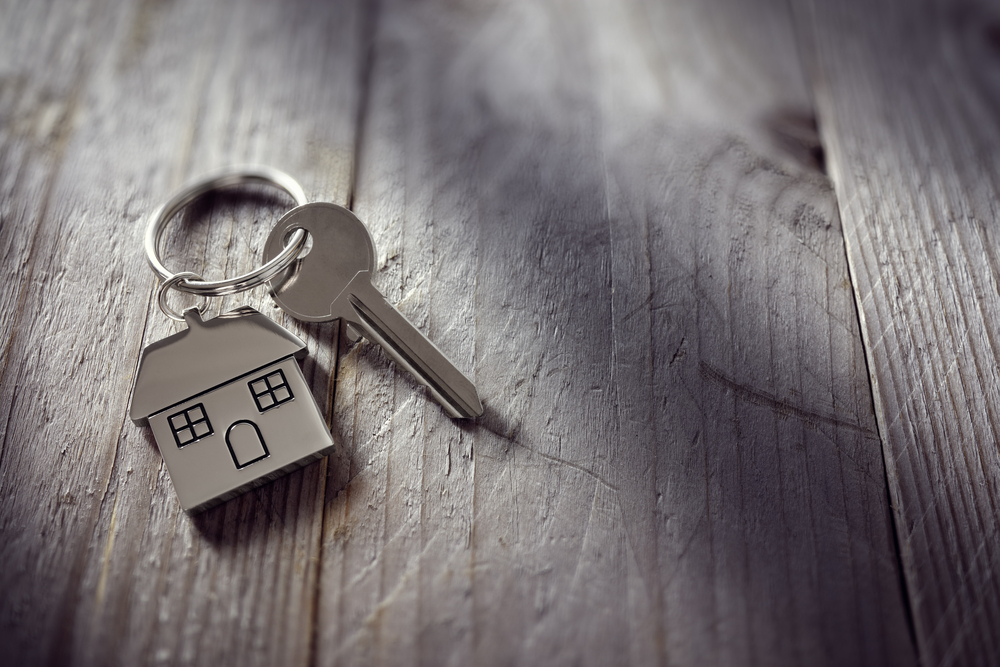
Working with a local real estate agent who specializes in new developments can be invaluable. They have access to exclusive listings and can guide you through the process seamlessly from start to finish. The team at NewDevRev is always available to work with you during this exciting time and can make sure you get answers for all your new development questions — even the ones you didn’t realize you needed to ask. Get in touch!
16. How Will I Be Informed About Updates?
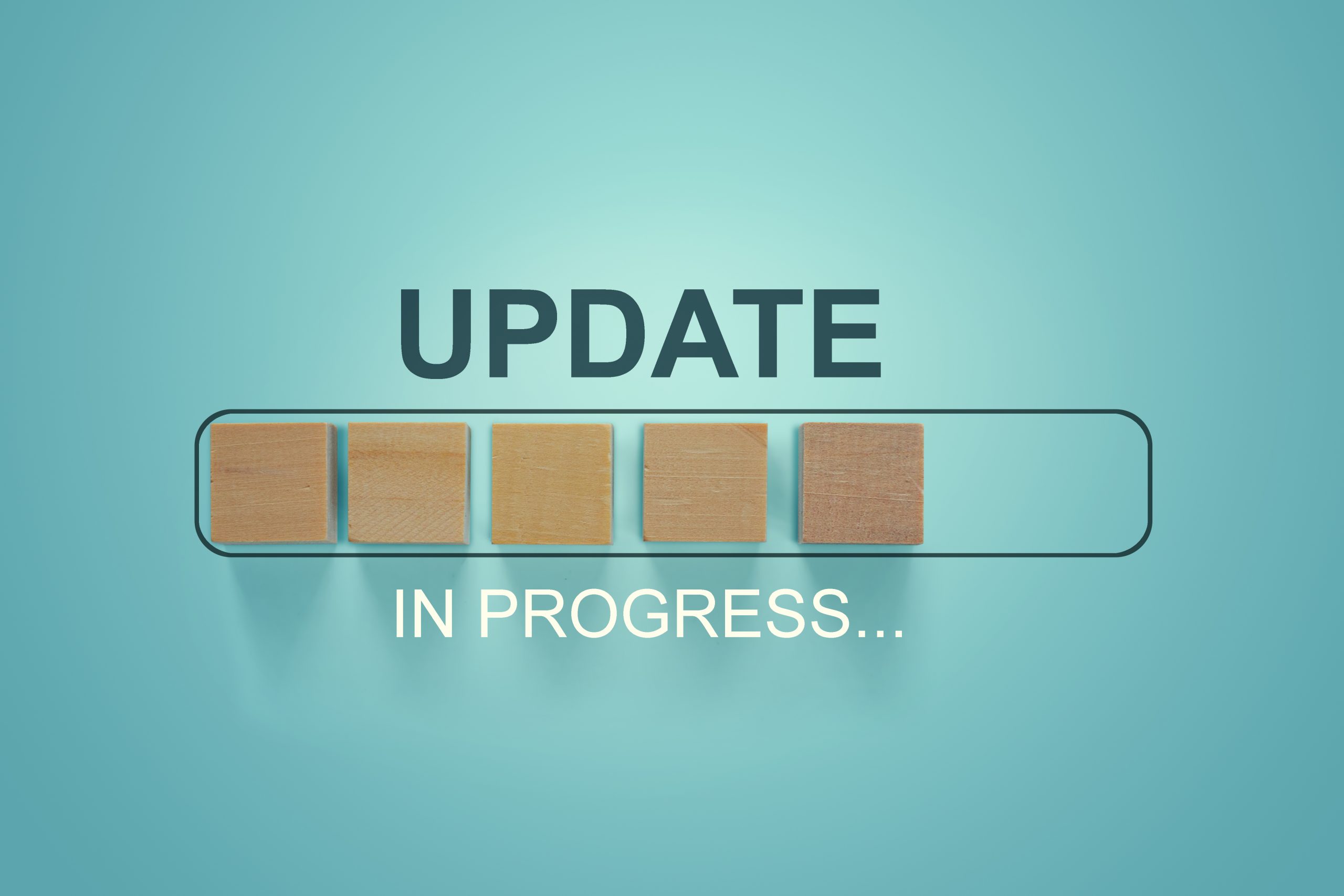
Establish communication channels with the developer or the building management to stay informed about project updates, construction progress, and any changes to the property or its surroundings. Being in the know will help you plan and make necessary adjustments. As always, if you partner with a reputable real estate expert who specializes in new developments, they will be your advocate and keep you in the know.
Buying a new development property in New York City is a significant financial decision that requires careful consideration. By asking the right new development questions and conducting thorough research, you can ensure that your investment aligns with your goals and preferences. Although it can appear to be an overwhelming process, knowing where to start and how to stay informed can make this time go much more smoothly. Remember that a well-informed buyer is more likely to make a sound real estate investment in the bustling and ever-evolving city that is NYC.
.
- Categories:

